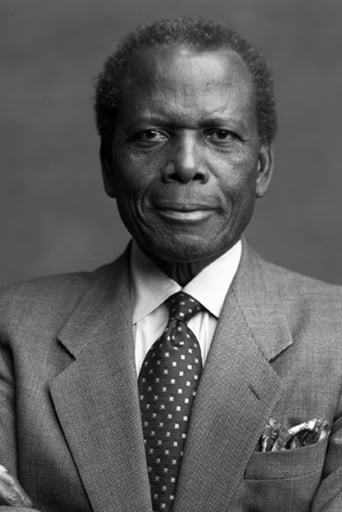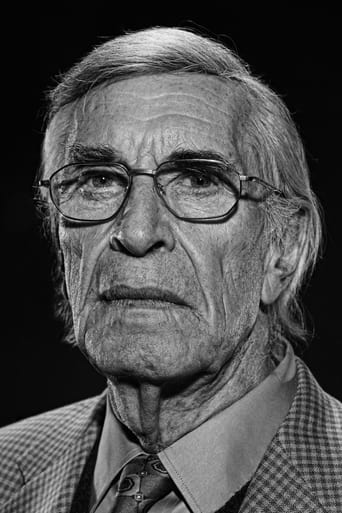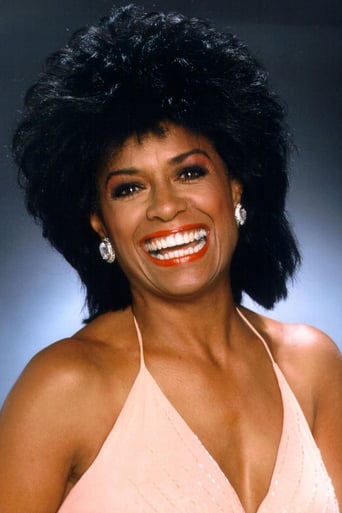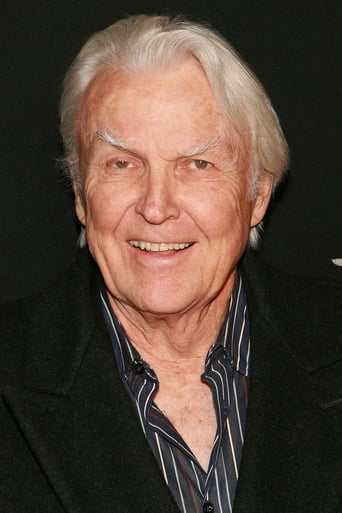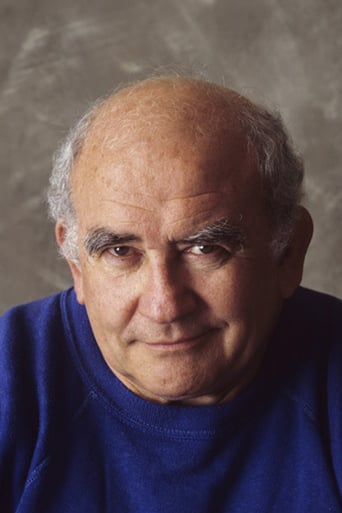Pacionsbo
Absolutely Fantastic
Loui Blair
It's a feast for the eyes. But what really makes this dramedy work is the acting.
Celia
A great movie, one of the best of this year. There was a bit of confusion at one point in the plot, but nothing serious.
Kirpianuscus
not great. but correct use of the rules of genre. a film who could be seductive for the flavor of the period, for the clichés. and, sure, for Sidney Poitiers. and it is enough for a nice policier, using the ambiguity and exploring the family life of the lead hero. it is one of films who seems be part of a long chain from the "70 about justice and law and romanticism of each of theme. the irony, the courage, the need to give the right / complex portrait of the hero are marks of a sort of crime film who remains seductive for its basic virtue to be a time machine. nothing new. or surprising. only good motif to see a kind of hero who has style and humor and wisdom and who fights for justice in his personal manner.
Maziun
This is an unofficial sequel to „In the heat of the night" . Both movies have the same main hero – Tibbs. The first movie was a great thriller with anti-racism message . It was both entertaining and with substance. It was directed by Norman Jewison. This one is directed by Gordon Douglas.This one unfortunately is just boring. BORING. Boring , boring , boring… You could cut the tension in the first one with a knife . The sequel without the anti-racism subtext doesn't really have anything to offer . It tries to replace that by giving Tibbs family problems , but they are so lame and uninteresting . Same goes for the investigation . I was able to guess the "surprise" ending from the beginning . Not to mention that the movie lacks any twists or red herrings. They try to live it up a little with some action : a car chase there , a fist fight here … It doesn't work thanks to the uninspired story and dreadful direction. The end result ? A very forgettable movie.There are nice performances here from Sidney Poiter and Martin Landau . Sometimes you can here some nice dialogue.It's definitely too little to save this movie . I give it 1/10.
Robert J. Maxwell
Actually, they call him Lieutenant Tibbs. Poitier is not the same character as he was in the superior "In The Heat Of The Night," released some two years earlier. He now lives in San Francisco with a lovely wife and two cute kiddies. Only the name and the profession remain the same.Otherwise, what lifts this above the routine television crime series of the period -- "Burke's Law", "Banacek," "The Name of the Game" -- is a bigger budget and a bankable star, plus the drawing power of the title itself, a memorable line drawn from "In The Heat Of The Night." The plot: A prostitute is murdered and the available clues point to an activist minister of undetermined faith (Landau). Poitier spends most of the film tracking down other possible suspects, reluctant to see the murder pinned on his childhood friend. It ends, not happily, but with all sins paid for.The director, Gordon Douglas, had a pedestrian career. He has some distracting habits here. Often, when two people are in conversation, he doesn't shoot over one conversant's shoulder, which would give us a better sense of what's up, but rather he has the speaker look directly into the camera, sometimes in close up. I don't know why any director would do that with any frequency. What it does is draw attention to the fact that we're watching a movie, and that makes a suspension of disbelief more difficult.And it may be Douglas -- or somebody -- who is responsible for one of Poitier's poorer performances here. He's like a clone of Steve McQueen's San Francisco detective in "Bullet". Poitier is taciturn, rarely smiles, and moves about with a Zen expression. The mannerisms are especially disappointing because Poitier is one of the finest dramatic actors of his generation.Little use is made of location shooting -- a foot chase through Chinatown, a pursuit across the Golden Gate bridge into a Marin County that doesn't exist. It seems to me that some of the exteriors were shot elsewhere, probably Los Angeles, because The City seems generic. There is a clumsily staged car chase ending in a wreck. What police thriller could exist without one? Poitier gets good support though from the likes of Anthony Zerbe and Jeff Corey. Barbara McNair, as Poitier's pretty wife, isn't much help, but his son, George Spell, turns in a nice naturalistic performance.But that leads us into a problem with the script. Poitier's family life has some trumped-up problems and too much time is spent with them. The script even reduces McNair's complaints to the traditional one -- Poitier spends too much time at work and not enough with his family. She shrieks this accusation at him from a staircase, a little unconvincingly. But it's all pointless. A long scene with Poitier and Spell is irrelevant to anything that happens before or after. It diverts us from the main story, which is the murder and its solution.It's not a stupid or insulting movie. It's not part of the Blaxploitation movement popular during the 60s. Nothing is made of the race issue. The only sociopolitical point made is that Landau is working for a people's government run from store fronts, not from City Hall. It sounds "liberal" and yet it's the embodiment of "decentralization." Zerbe is described by one of his sex slaves -- the toothsome Beverly Todd -- as "AC/DC" but that plays only a small part in the plot and is not judged one way or the other.Want to see an excellent movie in a similar setting? See "Bullet" if you haven't already. Want to see an abominable and dated movie about San Francisco detectives? Try "The Laughing Policeman."
turk_182
This Virgil Tibbs is closer to the California-based detective essayed by John Ball in his books. The mystery is worthwhile, and Poitier's performance is masterful. But the writing is pedestrian, the pacing too slow, and the resolution ultimately unsatisfactory. I can give this no better than a 6 out of 10.





